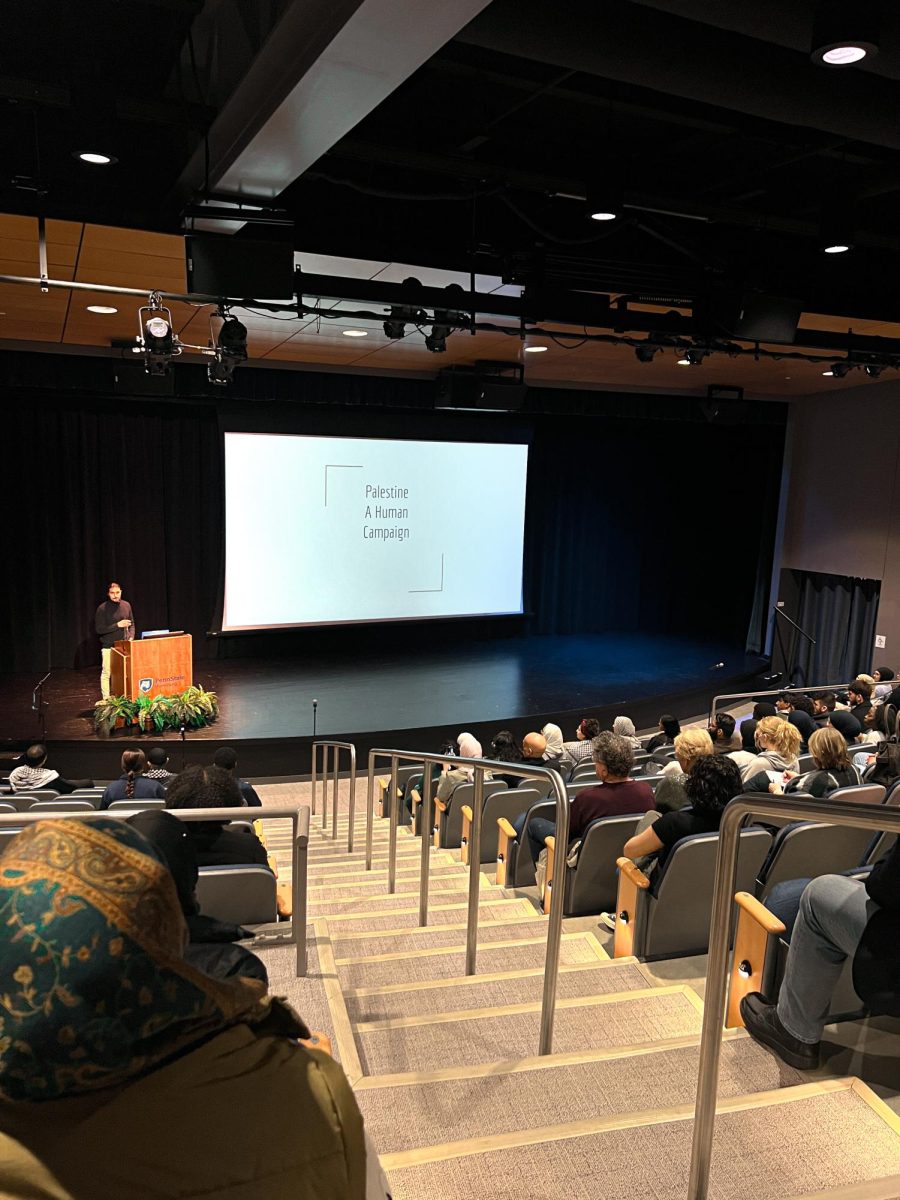PSH Professor Goes Above and Beyond
Penn State Harrisburg employs many extraordinary professors who strive to give their students the best education possible. Dr. Kimberly Shreck, Professor of Psychology, is no exception. Dr. Schreck is the first professor featured in the professor highlight, which showcases and highlights the best professors throughout campus.
Dr. Schreck teaches many classes, but the one that relates to her field of study is PSYCH 473: Behavior Modification. In this class, students learn about behavior analysis while also participating in several simulations throughout the semester. According to the class syllabus, “the class has been designed to meet the required 40 hours of initial training for Registered Behavior Technicians (RBT).” PSYCH 473 is a populous class that provides students with a unique opportunity to learn about the psychology of behavior.
One of Dr. Schreck’s students, Mikeala Finch, explained her biggest takeaway from the class on February 27, a simulation day focused on incidental teaching.
“It’s really easy to get confused, and you, in turn, also make your client confused. So, everything is really down to every detail. You can’t mess it up, or else it’ll mess it up for the other client you’re working with.”
Finch also praised Dr. Schreck for her willingness to answer questions and how she works and connects with her students.
“She makes it a great experience because she’s always there if you have any questions. She’s always two seconds away. If you have any kind of question, even the simplest question – there’s literally no stupid questions to her – she’ll answer it, and you will honestly get it right away.”
Outside of the classroom, Dr. Schreck has done extensive research into a disease called MPS-III (Mucopolysaccharidosis type III). This is a disease that affects young children, especially in adolescence. Dr. Schreck provides details as to what exactly the disease is.
“It’s a neurodegenerative disease in which the cells of the kids cannot process certain sugars, and what happens is they end up with progressive brain damage,” Shreck explained. “They will have brain damage and lose their speech typically around six years old,” Schreck added.
She also stated what inspired her to take part in the research.
“I was working with kids who didn’t quite respond the same way as the other kids with autism that I had worked with, and…they did not have a diagnosis,” Schreck said. “The parents and the team decided to take the kids for diagnostic genetic testing, and that’s when we found out they had MPS-III.”
Her research has been used to help assist in finding answers on how to treat MPS-III. She has also done research on other related topics.
Students majoring in psychology or who just want to learn more about it should consider taking this course with Dr. Schreck, especially with scheduling right around the corner. For more information, students can contact Dr. Schreck at [email protected].




























